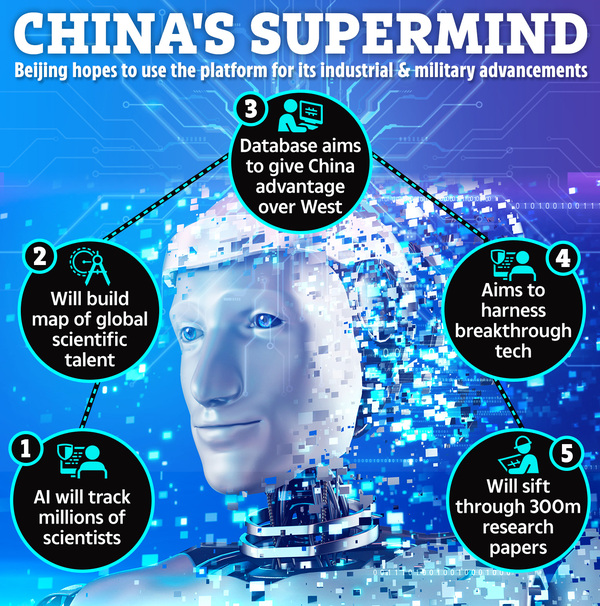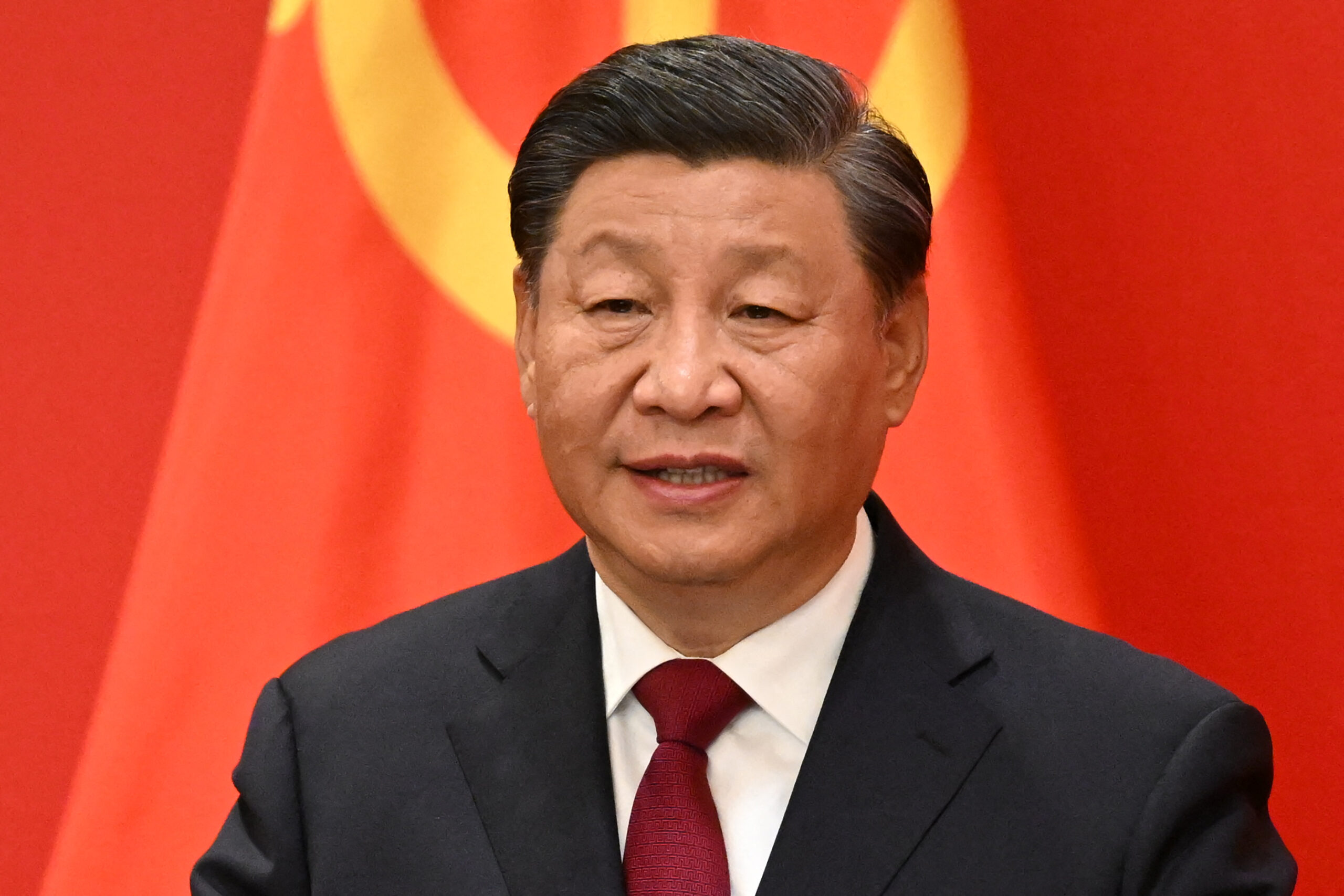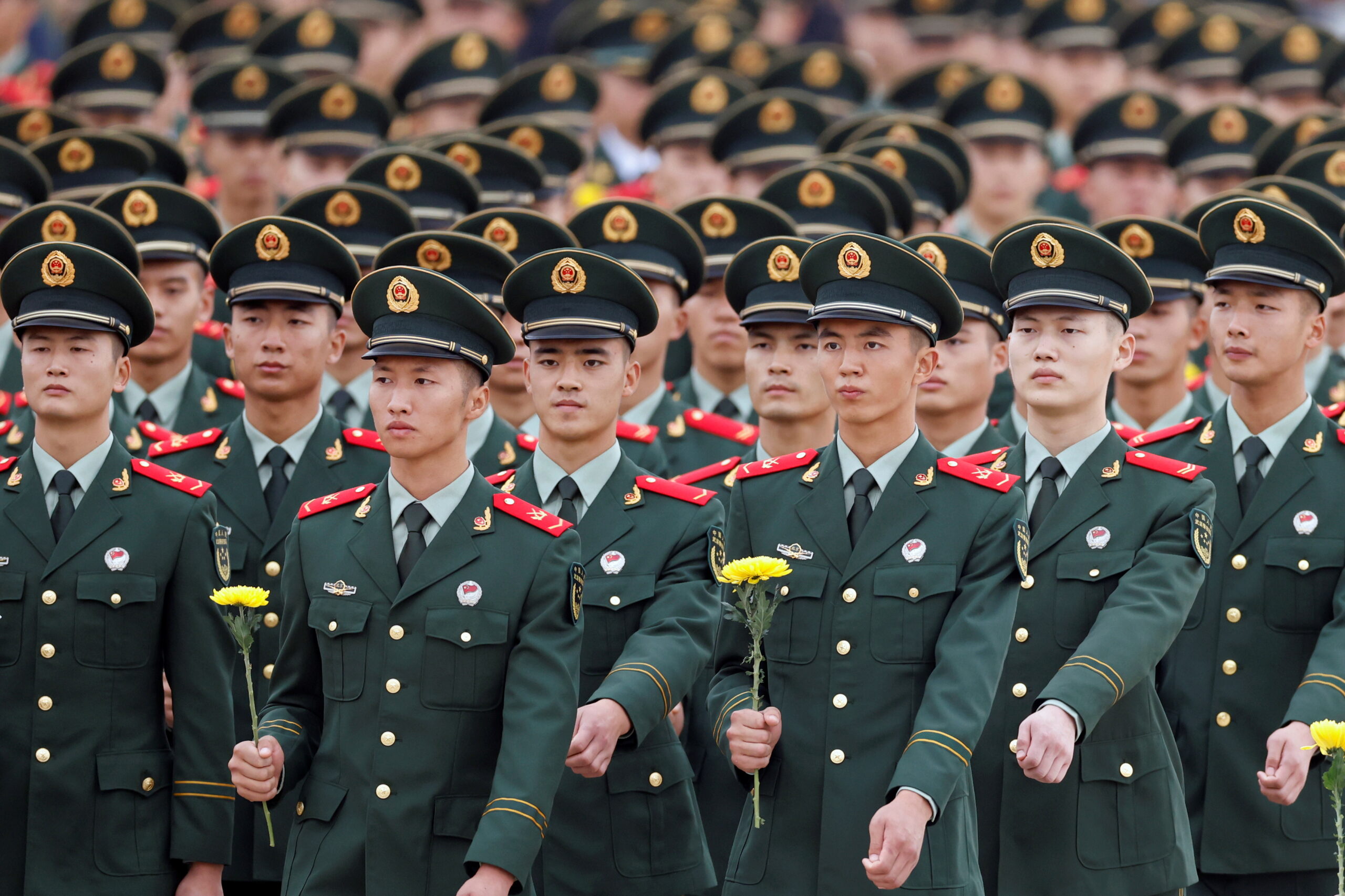China developing £220m AI ‘Supermind’ to track millions of Western scientists & become world’s biggest tech megapower
CHINA is developing a new AI “Supermind” able to track millions of Western scientists as it looks to achieve technological supremacy.
More than £220million is being pumped into funding the futuristic platform by the Shenzhen city government that would help Beijing hunt for groundbreaking tech.
A source close to the project the project comes as part of China’s determination to win a global technology competition with the US.
China’s President Xi Jinping previously vowed his country would become “a great power in science and technology” and be the world’s most technologically superior nation by 2049.
Beijing’s new Supermind would be able to meticulously track the activities of millions of scientists and researchers worldwide.
From them, it would be able to harness breakthrough technologies for China’s industrial and military advancements, Newsweek reports.
It would use AI systems to help find talent for China.
The insider told the outlet: “They are building a database of ‘Who’s Who’ in different areas.
“For example you can ask it ‘I need five particular experts in this area who are top talents.’ Then you approach them all.”
The Supermind would also be used to mine many of the world’s top science and technology databases, also well as identify the best places for China to send its best talent.
Most read in The Sun
Kevin Gamache, the Chief Research Security Officer at Texas A&M University, told Newsweek: “It’s going to allow China to make much better decisions.
“It could be identifying technologies that aren’t apparent on the surface.
“They’re going to use it for to conduct targeted recruitment, or to place people in specific labs to gain access to knowledge and technology that is not yesterday’s technology but tomorrow’s, or even the next decade’s, technology.”
Supermind will be able to sift through 300 million research papers and 120 million patents – creating a detailed map of global scientific talent.
Production of the innovative system began last year in Shenzhen – China’s southern technology hub that’s home to brands such as Huawei.
Use of Supermind would be limited to just those within the International Science and Technology Information Center (ITIC) in Shenzhen.
China hopes to use the platform to identify and potentially recruit experts in various fields – enabling its rise in the race for technological dominance.
It will pot talent and collect information in eight key areas – cells and genes, synthetic biology, blockchain computing, space technology, brain science and brain-like intelligence, deep earth and deep sea, visible optical communications and computing, and quantum physics.
Amid China’s ambition to get ahead of the game, Beijing has long placed students and scientists in US labs in a bid to learn their methods.
What is AI?
AI stands for artificial intelligence and it lets computers to act in a more ‘human’ way.
This includes being able to hold conversations – both casual and intellectually challenging ones – with humans.
Computer scientist John McCarthy, one of the founders of AI as a concept, put it like this: “It is the science and engineering of making intelligent machines, especially intelligent computer programs.
“It is related to the similar task of using computers to understand human intelligence, but AI does not have to confine itself to methods that are biologically observable.”
AI can analyse a vast amount of data at speeds that are impossible for human minds.
It can be trained, as well as learn.
The basis of AI is machine learning, which relies on models using maths, statistics and classification methods.
Developers will teach the computer to understand classification methods, which means the AI can spot patterns and make groups of particular things.
A machine with in-built AI can learn from its interactions with human users, individual data sets and the internet.
All it needs to do first is it understand the learning process, and developers will program this understanding into the machine.
Original Source



